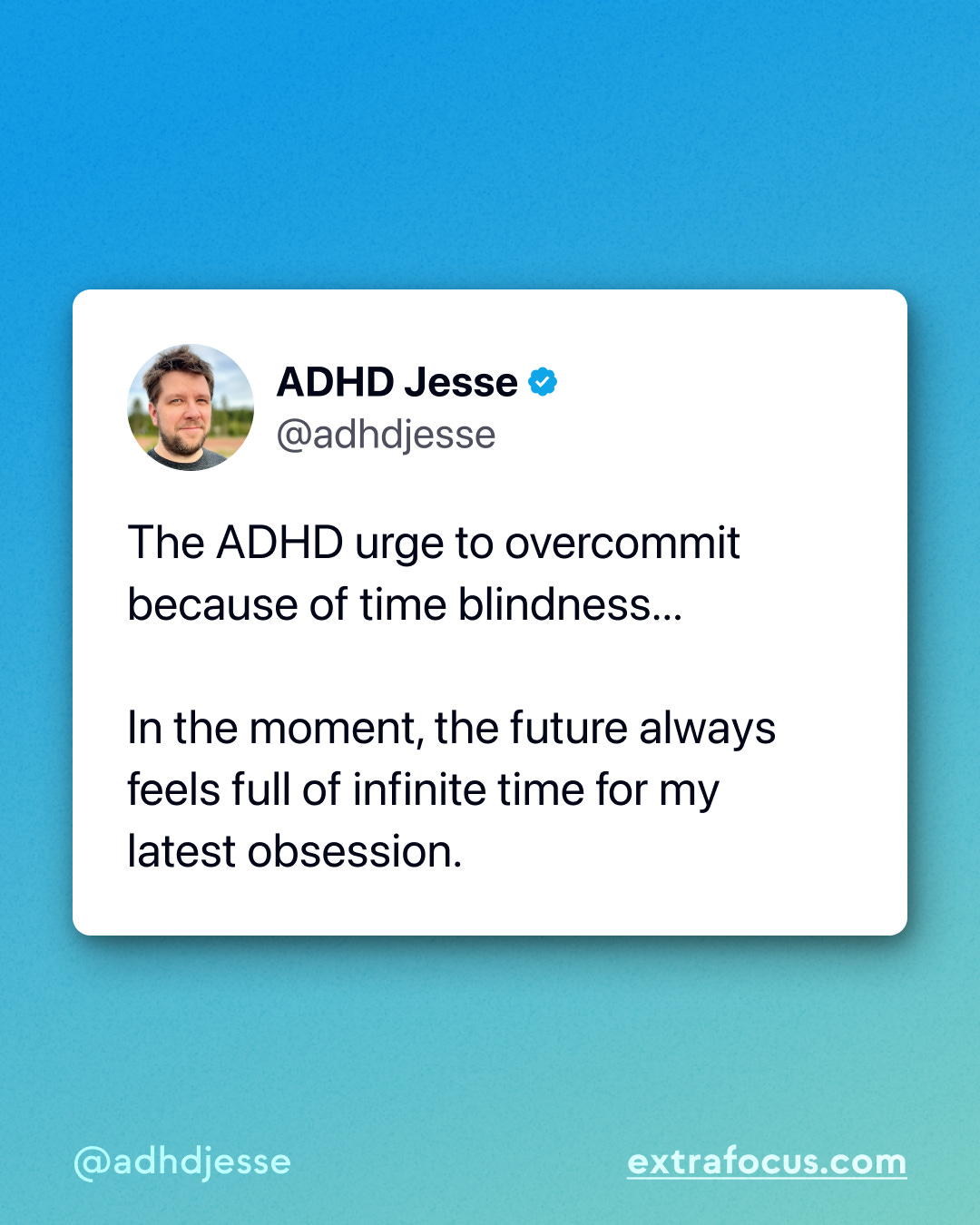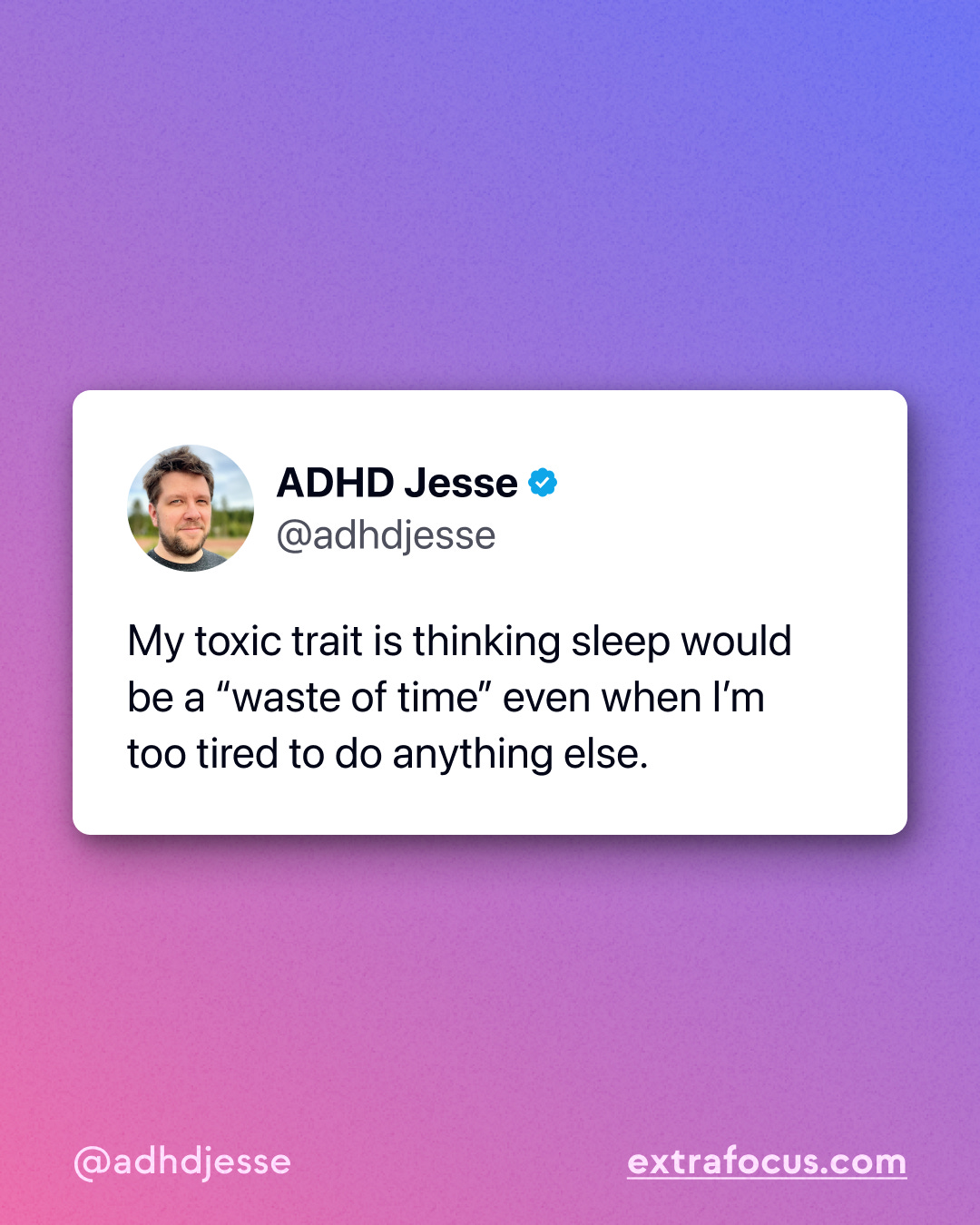How To Overcome Performance Reviews with ADHD
Hey friend—this newsletter is supported by readers like you. If you love it or find value from it, consider becoming a paid supporter! You’ll unlock every article in the archive and gain full access to the Member Resource Hub. (FYI - I’m taking a quick break from my ADHD Myths Series to talk a bit about workplace performance reviews, as I’ve had several people asking about them in recent days, and it felt like something I should address!) Years ago, I was once greeted with a surprise performance review in a job that I thought I was thriving in. It turns out, things weren't going as smoothly as I'd hoped. My boss proceeded to share with me a list of every mistake I'd made for the past year or so. (You can read a bit more about this in So, I Made A Mistake). So yeah, I've always been a bit afraid of performance reviews. The work patterns and rhythms of someone with ADHD can often look wildly different than neurotypical people. This often makes us stand out (not in a good way) to a boss looking for ways to optimize and improve. There are few things I like less than someone who doesn’t understand me (i.e. most neurotypical people) taking a look at my work and evaluating it. After a lifetime of judgement for doing things the “wrong way” (even when it works for me), I have a visceral response to the watching eye that aims to tell me how to fix the work I’m doing. Unfortunately, performance reviews and work evaluations are often unavoidable in many jobs, so what can we do about surviving a review and workplace life in general? Here are 5 tips for surviving work with ADHD. 1. Be ProactiveMy first tip starts before the evaluation—try to communicate your needs before it becomes a problem. Most bosses just don’t understand ADHD and certainly don’t know what they can do to help. Consider an open conversation with them about ADHD, how it affects you (the good and the bad), and what kind of strategies or accommodations can help you succeed. Try to frame it in a way that helps them see your goal is to do your best work. Ever since my incident with the boss that wrote down all my mistakes for a year, I’ve had conversations with managers about scheduling a weekly check-in, just a quick status update to make sure we’re both on the same page with how things are going. 2. Focus on desired outcomes over methodsNeurotypical people will often offer advice on “how” certain things should be done, but that often doesn’t align with how the ADHD brain works. Instead, try to emphasize what results should look like, even if your methods of achieving that may look different. 3. Keep a recordIn my book, Extra Focus, I talk about creating a Smile File—essentially a record of past wins and accomplishments that are often forgotten by people with ADHD. Take this approach to anything that has gone well at work so that when faced with a performance review, you have evidence of things that have gone well. 4. Ask for clear, documented performance metricsIf you find yourself with the ultimatum type of review, i.e. “improve or you’re fired”, request measurable goals that you can work to achieve. Vague expectations are particularly challenging for people with ADHD so it helps to have concrete pass-or-fail targets to aim for, and also to have them documented so that you can easily refer to them as needed. Also, because of our emotional dysregulation, this can be particularly difficult situation to traverse. I’ve personally left several jobs at the point of “this is your last chance”, partly in fear of that final rejection when I’m still found to not be good enough. 5. Know your rightsWhile these will be different depending on where you live and other factors, many countries (including the US) have protections for conditions like ADHD and workplace accommodations may be available. AskJAN (Job Accommodation Network) is a great resource if you’re curious what accommodations for ADHD could look like. I’m sure others will have additional strategies, ideas and experiences to share, please please please leave them in the comments so others can see them! We’re all in this together. 💙 Stay curious, ADHD Myths SeriesThis newsletter is supported by readers like you! Become a paid supporter to unlock every article in the archive and gain full access to the Member Resource Hub. |
Similar newsletters
There are other similar shared emails that you might be interested in:




